A WOMAN who converts to Judaism, whether through the auspices of the state or not, can find herself under the investigation of the state as to her religious piety. Our clients have been cross examined by state rabbinic judges as to whether they:
- use the ritual bath and obey the laws of family purity?
- adhere to the rules of the Sabbath?
- use a hotplate to heat food on the Sabbath?
- turn on lights on the Sabbath?
- send their children to religious schools?
- had sex with their husbands before they married?
- participated in Sylvester celebrations.
Converts run the risk that the state will revoke their conversion.
State rabbinic courts claim authority to interrogate converts at the time of marriage and divorce. Since rabbinic courts only have jurisdiction over Jews, rabbinic courts claim the power to determine if a convert is a true Jew or not as a precondition to issuing a license to marry or divorce.
In 2008, the Center for Women’s Justice filed a petition with the Israel Supreme Court on behalf of two clients and their children who had been declared not Jewish by rabbinic courts. CWJ asked the Court to hold that state rabbinic courts have no jurisdiction to revoke conversions at the time of divorce, in particular with regard to converts who had been converted under the auspices of state Special Rabbinic Courts. The Court remanded the case to the rabbinic courts for a rehearing. The Rabbinic Courts reversed their determinations regarding the Jewishness of CWJ’s clients, making the appeal to the Supreme Court moot.
Section 15 of the 2006 Special Rabbinic Courts Regulations allows rabbinic courts to summon and repeal the conversion of a convert “in exceptional cases” — even independent of a converts request for a marriage or divorce license.
in 2013 CWJ asked the Court to declare void the authority of Special Conversion Courts to repeal conversions. Judge Neil Handel rejected the petition and wrote:
….We do not think that is appropriate to determine, within the framework of the current debate, a list of concrete grounds which, if met, would authorize the Special Conversion Court to cancel conversions. Suffice it to say that in the case at hand the Special Court found – as a matter of fact – that the petitioner had changed her lifestyle drastically very soon after she converted, so that in fact “nothing remained from the ritual observance that [the petitioner] took upon herself.”
Read the case, translated in its entirety.
